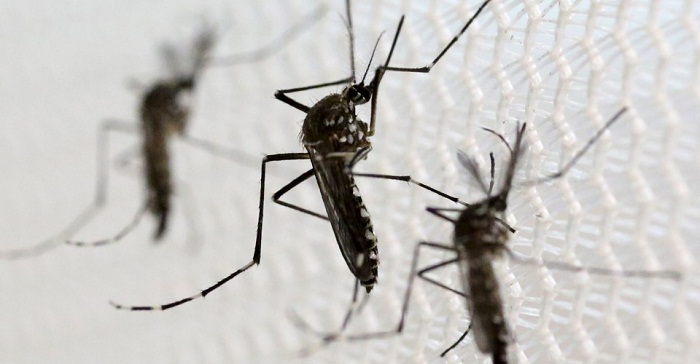The researchers managed to wipe out the population within 11 generations, suggesting in a paper published in the journal Nature Biology that the technique could be used to control the spread of malaria.
They used a type of gene editing known as gene drive, which spread a modification designed to block female reproduction.
The research marks the first time the technology has been able to completely suppress a population.
It is hoped that in the future, mosquitoes carrying a gene drive could be released to spread female infertility within local malaria-carrying mosquito populations in order to cause them to collapse.
However, they are also considered controversial since such genetically-engineered organisms could have an unknown and irreversible impact on the ecosystem once they are released into the wild.
The technique used in the study was designed to target the specific mosquito species Anopheles gambiae, which is responsible for malaria transmission in sub-Saharan Africa.
The World Health Organisation has warned that global progress against malaria is stalling and could be reversed if momentum in the fight to wipe it out was lost.
The disease infected around 216 million people worldwide in 2016 and killed 445,000 of them. The vast majority of malaria deaths are in babies and young children in sub-Saharan Africa.
Read the original article on The Independent.
More about: mosquito
















































